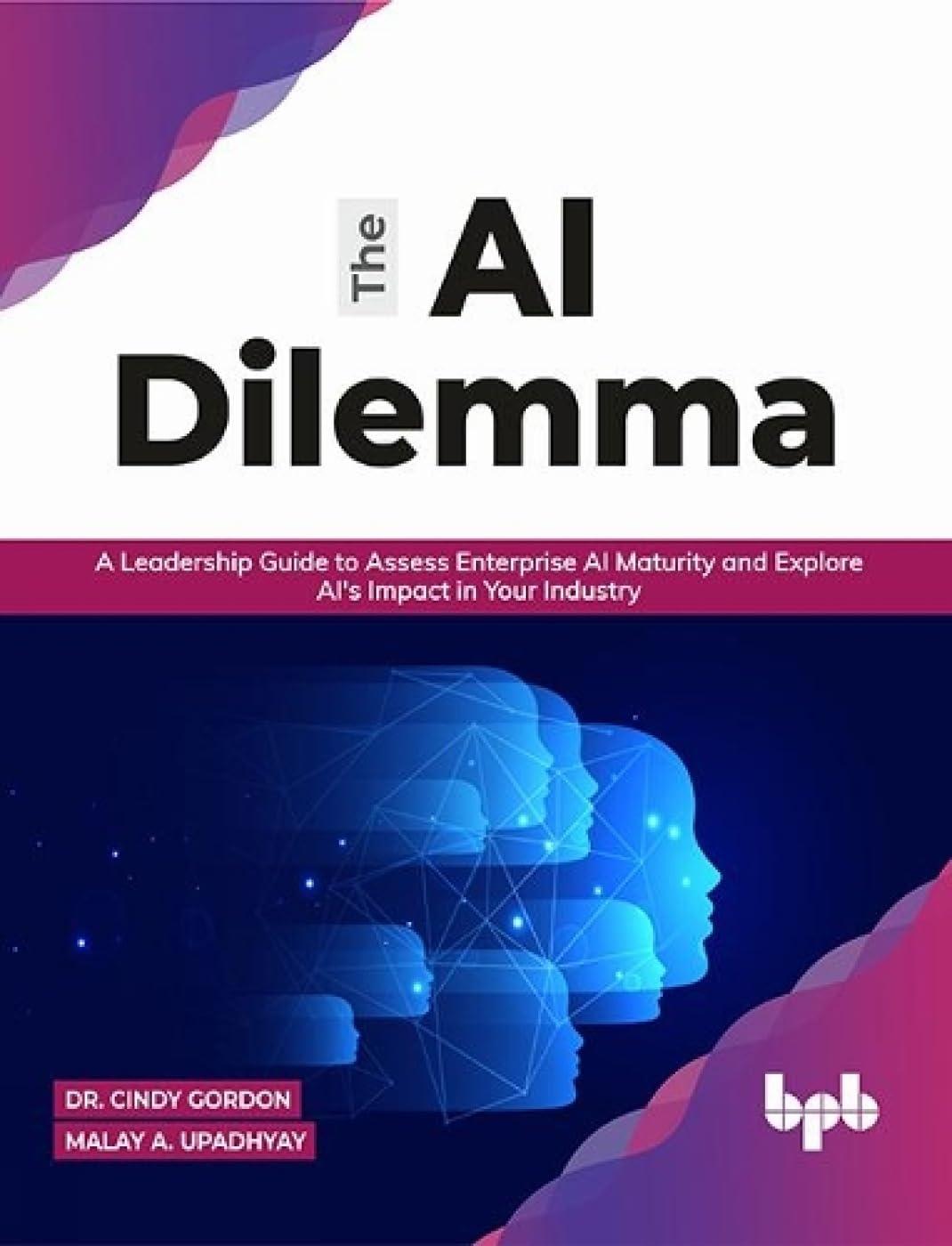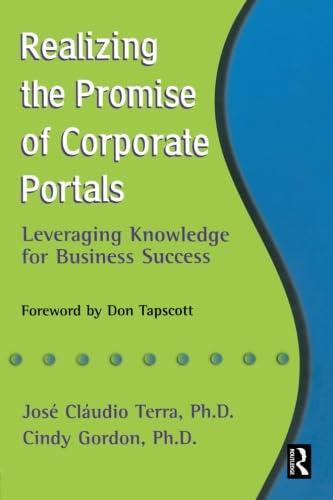Lucidea’s Lens: Knowledge Management Thought Leaders Part 60 – Cindy Gordon

Stan Garfield

Cindy Gordon is CEO and Founder of Saleschoice.com. She is a thought leader in disruptive innovation, Software as a Service (SaaS), Artificial Intelligence (AI), and advanced analytics. Cindy is the author of 14 books on SaaS, Big Data, Collaboration, AI, and other topics.
Her specialties include machine learning, natural language processing, predictive and prescriptive analytics, and data science. In the field of artificial intelligence, she focuses on ethical AI, AI governance, and AI for business.
Selected Books


Knowledge Management and Value of Social Technologies
Knowledge Management is a management discipline that continues to evolve in theory and practice.
In simple terms, KM is best defined as the body of understanding and skills that is mentally constructed by people. Knowledge is increased through interaction with information (typically generated from other people).
There are typically three major types of knowledge:
- Embodied or tacit or implicit knowledge: Undocumented information in human beings such as intuition, empathy, experience know-how, mental models, artifacts, values, and norms that enables us to make decisions.
- Represented knowledge, often called explicit or codified, or tangible knowledge: This is knowledge that is mostly contained in data, and documented information that is rightly the basis for such decision-making.
- Embedded knowledge: is the knowledge that exists in processes, products, rules and procedures – also called explicit, or codified or tangible knowledge.
While the term knowledge management is popular, there are many interpretations and more importantly – many misunderstandings of what KM means. KM is not the mechanical organization of knowledge; nor is KM solely about content. KM is a system and a process, and not just about content. It is also about culture as culture creates the context for knowledge to effectively be cultivated and to flow effectively.
I look at KM as a multi-disciplinary approach to achieving an organization’s objectives, by making the best use of knowledge – it focuses on processes such as acquiring, creating, and sharing knowledge, and the cultural and technical foundations that support them. The aim of KM is to align knowledge processes with organizational objectives.
The reasons why organizations commit to KM include:
- Improve the quality of available knowledge within the enterprise and share it across operating units
- Improve responses to competitive forces
- Reduce or control costs
- Accelerate the rates of innovation within an enterprise
- Reduce the loss of intellectual assets caused by turnover in employees
The value that social technologies provide to KM programs is that they create an enabling collaborating infrastructure to help people, communities and social networks to adaptively generate knowledge in real time.
These adaptive free-flowing toolkits allow people to self-declare their interests and for the natural organic process of interest swarming to take place. In other words, people gravitate to the topics, themes, discussions of most interest to them, as well as being able to search for profiles, or interest areas that specifically map to an individuals’ interest. Social technologies provide for a more open, transparent, and organic form of communication which accelerates organizations’ ability to support and further achieve the KM organizational goals summarized above.
Sometimes I hear people say knowledge management is dead – which only reaffirms how misinformed people are in understanding the science of knowledge diffusion theory, which is rooted in cultural anthropology and deeply looks at how knowledge is formed and flows.
Knowledge is what allows us to innovate and grow, and without its capabilities and generative power – we would not evolve as a human species. Social technologies are simply toolkits that accelerate our ability to share knowledge and create communities of interest relevant to our goals, and needs.

Stan Garfield
Enjoy Stan’s blog posts offering advice and insights drawn from many years as a KM practitioner. Learn about Lucidea’s Presto, a single knowledge curation venue for managing, finding and sharing organizational knowledge resources. Presto makes it easy to connect people with the information they need, so they can spend less time searching and more time doing.
Never miss another post. Subscribe today!
Similar Posts
Lucidea’s Lens: Knowledge Management Thought Leaders Part 79 – David Garvin
KM expert David Garvin was a proponent of organizational learning to counter unpredictability in market forces and technology advances.
Lucidea’s Lens: Knowledge Management Thought Leaders Part 78 – Carl Frappaolo
KM expert Carl Frappaolo was the creator of Delphi’s Knowledge Management Methodology (KM2)
Lucidea’s Lens: Knowledge Management Thought Leaders Part 77 – Leif Edvinsson
Leif Edvinsson, Professor Emeritus at Lund University in Sweden, specializes in Intellectual Capital Management of Enterprises, Cities, and Nations
Lucidea’s Lens: Knowledge Management Thought Leaders Part 76 – Seth Earley
Seth Earley works in cognitive computing, knowledge engineering, data management systems, taxonomy, ontology, and metadata governance strategies.

Leave a Comment
Comments are reviewed and must adhere to our comments policy.
0 Comments